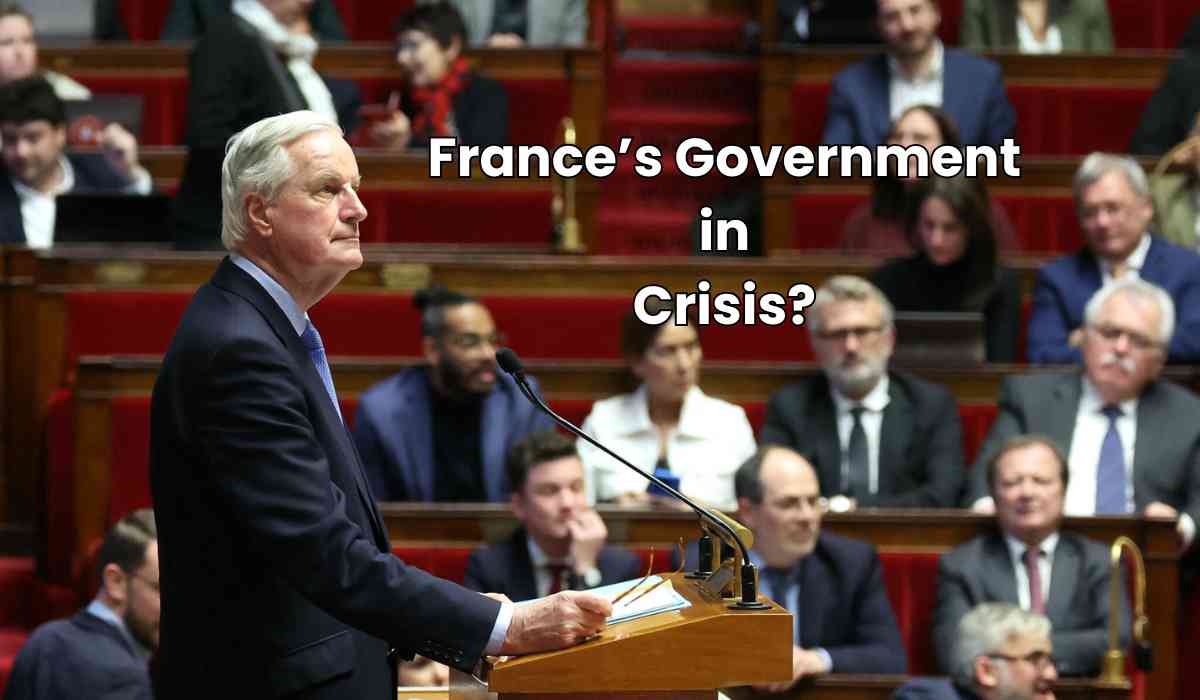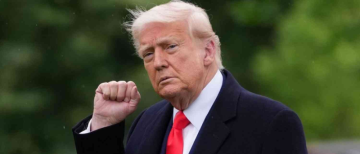In a dramatic turn of events, France's government has collapsed following a historic no-confidence vote in the National Assembly. The motion, which was passed by a majority of lawmakers, forced Prime Minister Michel Barnier and his Cabinet out of office, triggering an unprecedented political crisis.
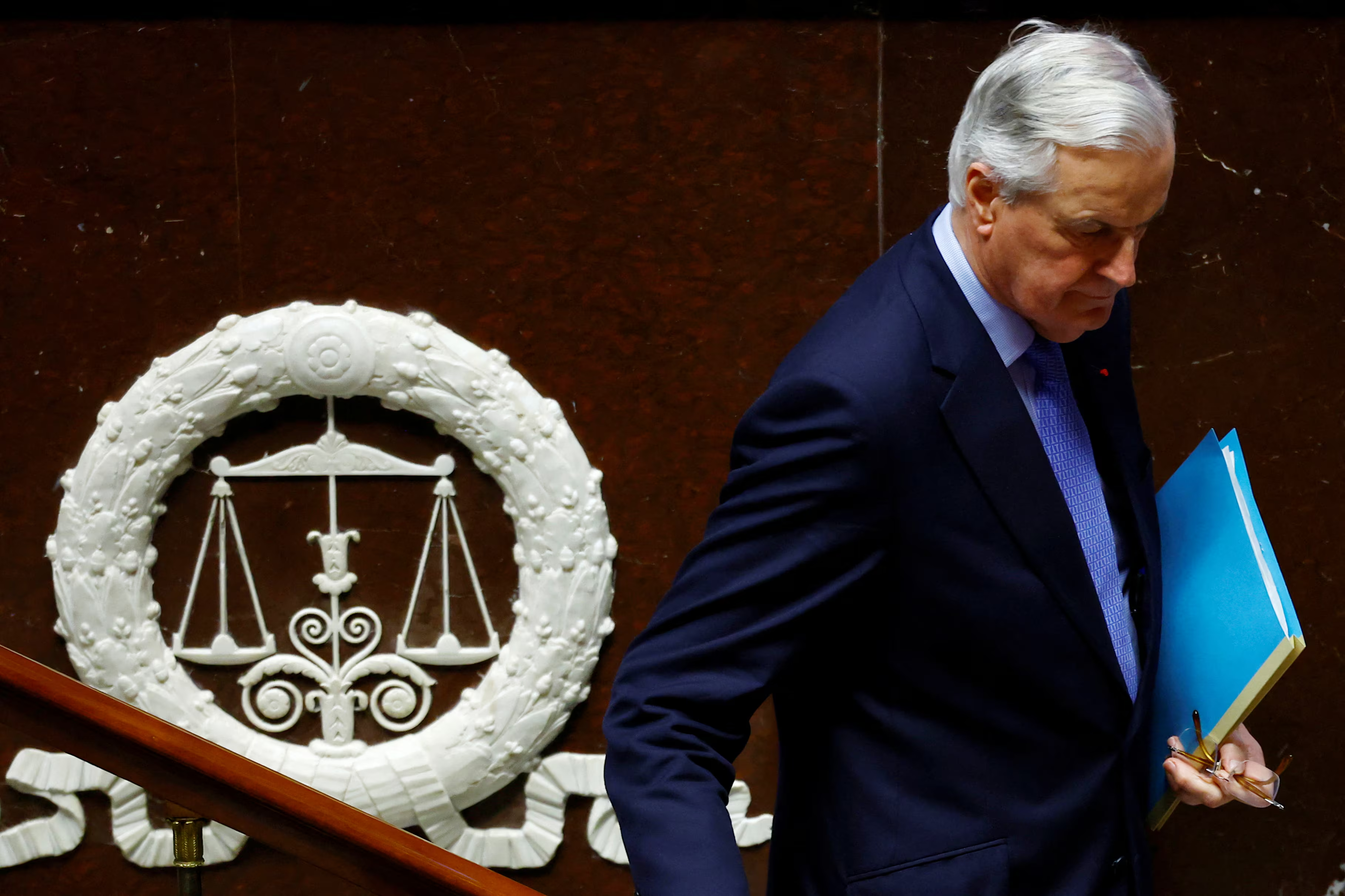
A Historic Moment in French Politics
On Wednesday, the French National Assembly voted to oust Prime Minister Michel Barnier's government, making it the first such instance in over 60 years. The vote saw 331 lawmakers in favor of the motion, surpassing the 288 votes required to bring down the government. This marks the first time since 1962 that a French government has been toppled by a no-confidence vote, a move that has left the country in a political and constitutional crisis.
Barnier, appointed as Prime Minister in September by President Emmanuel Macron after a snap election, served for just three months, making him the shortest-serving French prime minister in modern history. Despite his resignation, Barnier maintained his dignity in the face of adversity, stating that it remained an honor to serve the French people. He also acknowledged the seriousness of the situation, indicating that the challenges ahead would only intensify.
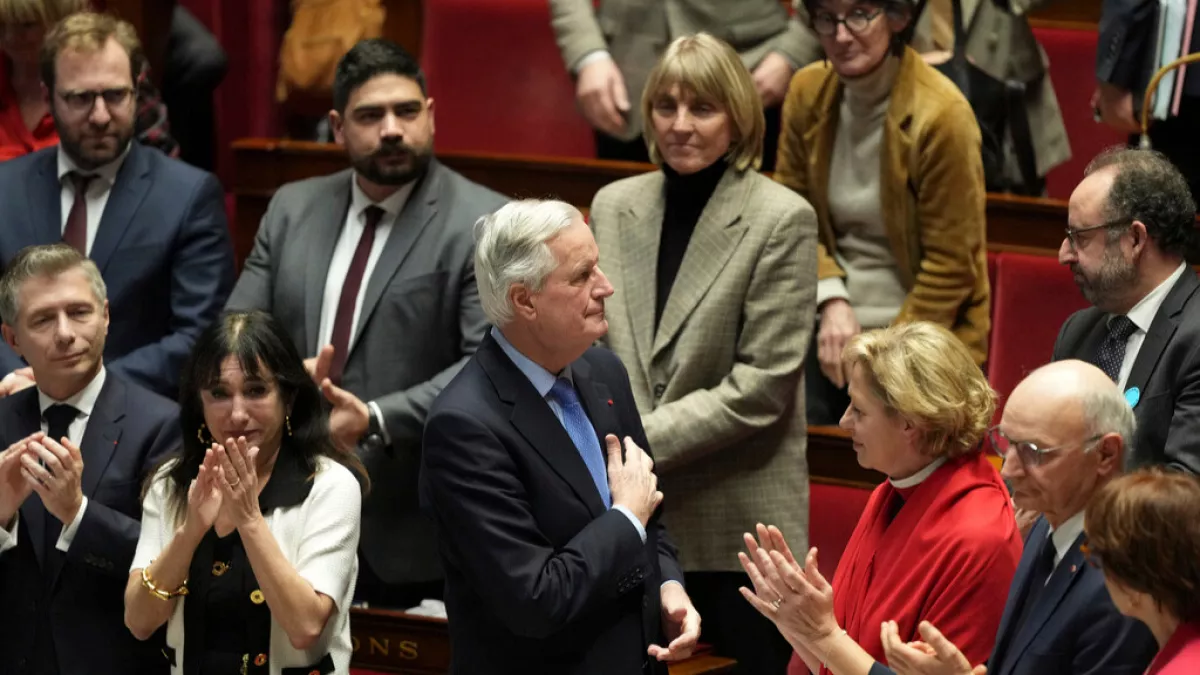
Why Was Barnier Ousted?
Barnier's government fell due to growing discontent with his handling of France’s economic policies, particularly his budget plans for 2025. Several factors led to the downfall:
-
Austerity Measures and Budget Controversy: Barnier's government sought to address France’s deepening fiscal crisis by introducing austerity measures that were met with fierce opposition from both the Left and the far-right. The government’s budget proposal, which aimed to reduce the national deficit by $49 billion through spending cuts and tax hikes, was deemed unacceptable by the opposition.
-
Use of Article 49.3: In an attempt to push through his 2025 budget plan without parliamentary approval, Barnier invoked Article 49.3 of the French Constitution. This move, which bypassed a parliamentary vote, fueled anger among lawmakers and led to a coalition of the Left and far-right calling for his ouster.
-
Polarized National Assembly: France’s National Assembly remains deeply fractured, with no single party holding a majority. The three main blocs—Macron’s centrist allies, the New Popular Front (left-wing coalition), and the far-right National Rally—have struggled to cooperate, making governance exceedingly difficult. Barnier’s inability to build consensus within this divided assembly further weakened his position.
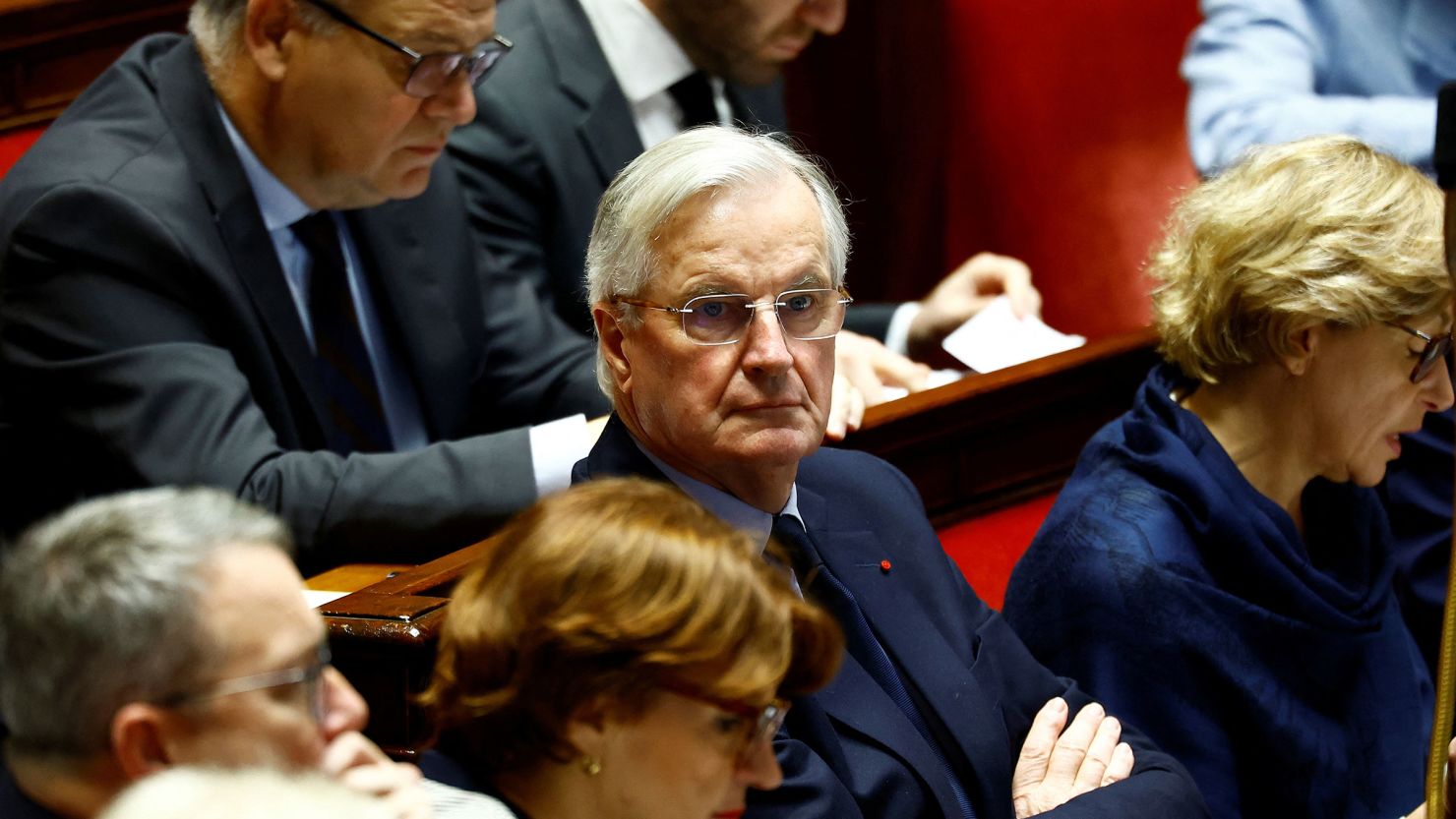
The Aftermath: What Happens Next?
Following Barnier's ouster, several key questions loom over the future of France’s political landscape. Here's what to expect next:
Caretaker Government and Immediate Steps
-
Caretaker Role: Although Barnier’s government is no longer in power, he will continue to serve as the caretaker prime minister for the time being. His government will handle day-to-day operations until a new prime minister is appointed.
-
Budget Crisis: France is facing a severe budget crisis, with a projected deficit of 6.1% of its GDP for the year. If no budget is passed by December 20, the government may need to implement emergency legislation to carry over provisions from the 2024 budget. However, this would likely lead to further political turmoil, as the legal authority of a caretaker government to make such decisions remains unclear.
The Challenge of Appointing a Successor
-
Macron’s Dilemma: President Macron now faces the daunting task of appointing a new prime minister. However, given the fragmented National Assembly, this will be no easy feat. Macron may attempt to unite the right-wing and centre-left factions by appointing a figure acceptable to both sides, but this is far from certain.
-
Possible Scenarios: Macron could re-appoint Barnier under the condition that he revises the budget to accommodate opposition demands. Alternatively, Macron might opt for a technocratic prime minister to handle the country’s fiscal crisis, although this could prove difficult given the entrenched political divisions.
Political Instability and Economic Concerns
-
Investor Confidence at Risk: The uncertainty surrounding the French government’s future is likely to affect investor confidence. Analysts have already expressed concerns that political instability could push up borrowing costs for the French government, worsening its already significant debt burden.
-
Impact on the EU and Eurozone: With France being one of the largest economies in the European Union, the ongoing political turmoil could have ripple effects across the Eurozone. France’s economic struggles, combined with its large public debt and strained fiscal position, could further exacerbate the EU’s economic challenges.
Macron’s Future and Potential Resignation
-
Calls for Macron’s Resignation: Following the political fallout from the no-confidence vote, opposition parties have demanded that President Macron resign and take responsibility for the crisis. However, Macron’s term runs until the spring of 2027, and he has firmly rejected the notion of stepping down, calling such discussions "make-believe politics."
-
Limited Constitutional Options: Although Macron has significant powers under the French Constitution, including the ability to call referendums and invoke emergency powers under Article 16, he is unlikely to take such extreme measures. Instead, Macron seems determined to carry out his duties until the end of his mandate, despite the mounting pressure.
Economic Fallout
-
Budget Deficit and Debt Concerns: France’s national budget deficit is already at a troubling 6.1% of GDP, and its debt stands at 3.2 trillion euros. The ongoing political crisis could make it even harder for the government to address these issues, putting the country at risk of further economic decline.
-
Rising Borrowing Costs: France has already seen an increase in borrowing costs, with the risk of a repeat of the Greek debt crisis in 2010-2012. While France is not at immediate risk of default, the economic instability could create additional challenges for the Eurozone as a whole.
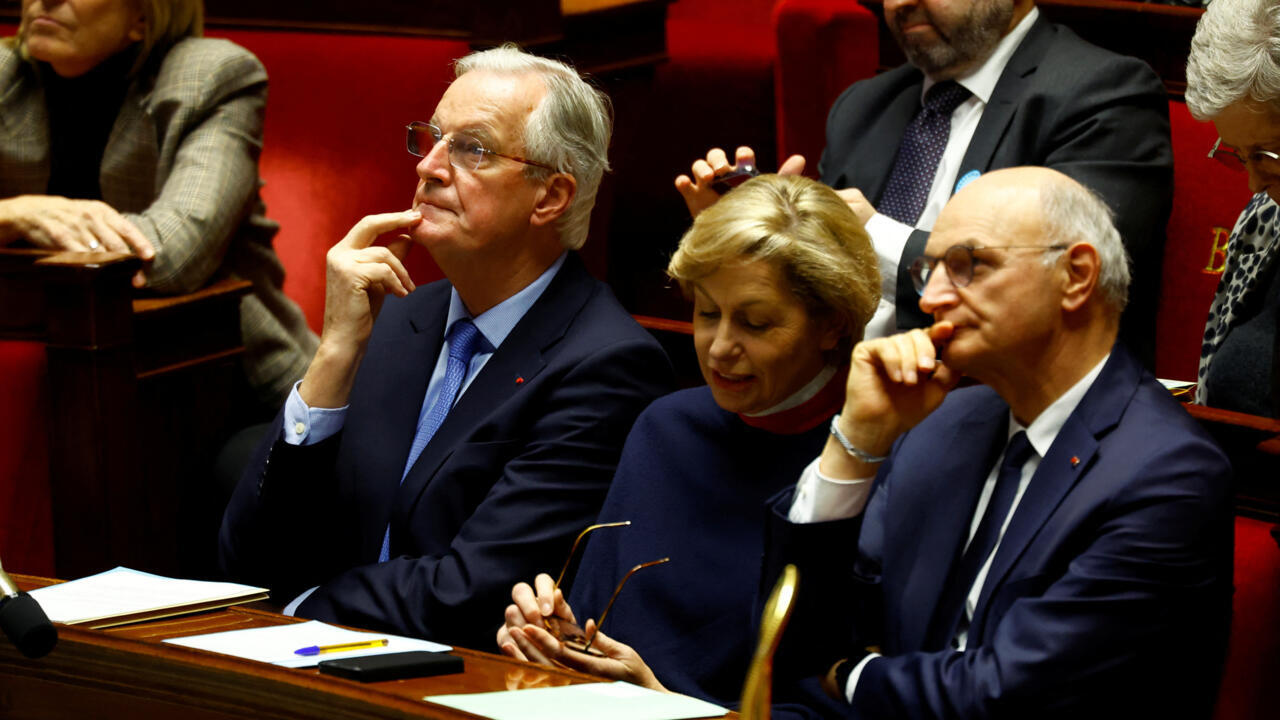
A Critical Juncture for France
The ouster of Prime Minister Michel Barnier and his government marks a significant turning point in French politics. The country now faces a period of deep political uncertainty, with no clear path forward for resolving its budget crisis or ensuring stable governance. President Macron’s ability to appoint a new prime minister and navigate the fractured National Assembly will be critical to France’s future stability, both politically and economically.
As the political turmoil continues to unfold, the European Union and the broader global community will be watching closely, as the outcome of this crisis could have far-reaching implications for both France and the wider Eurozone.
With inputs from agencies
Image Source: Multiple agencies
© Copyright 2024. All Rights Reserved Powered by Vygr Media.

